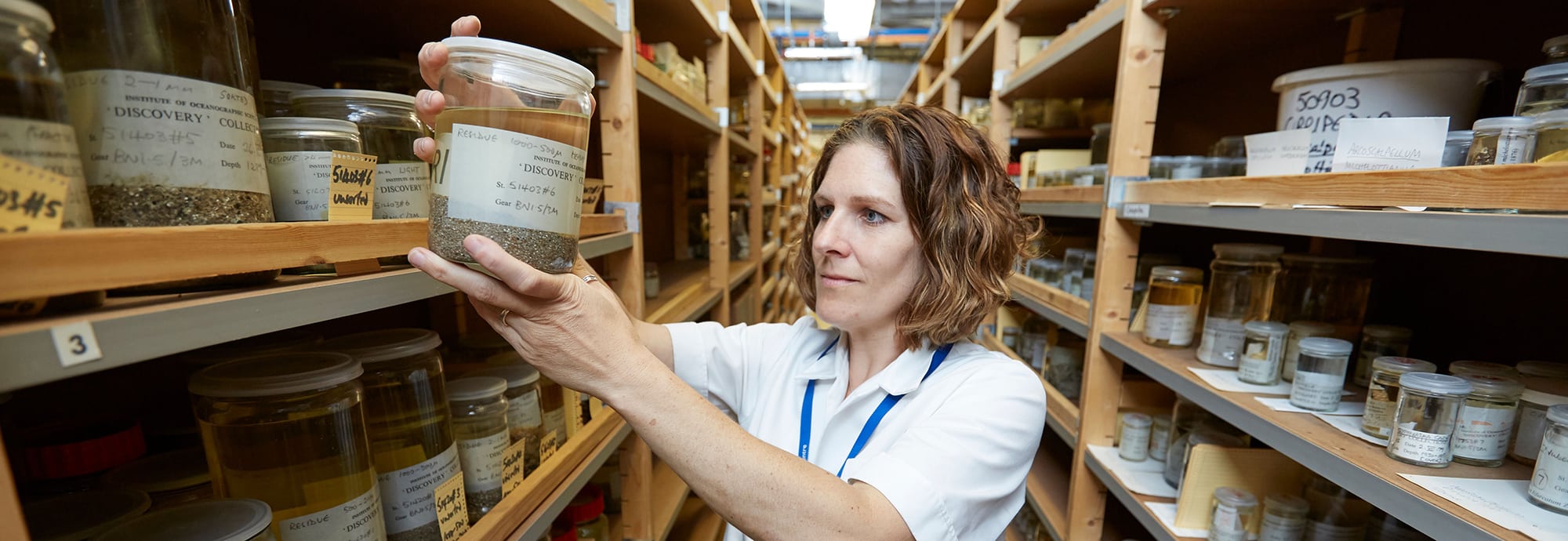

In the 20 years since we opened, the Museum’s achievements have gone beyond what anyone could have imagined in 2003.
To summarize our cultural ambitions, our local and national impacts, as well as our passion for Cornwall’s maritime heritage in just ’20 things’ has been a real challenge for the team. Nonetheless, here is our list:
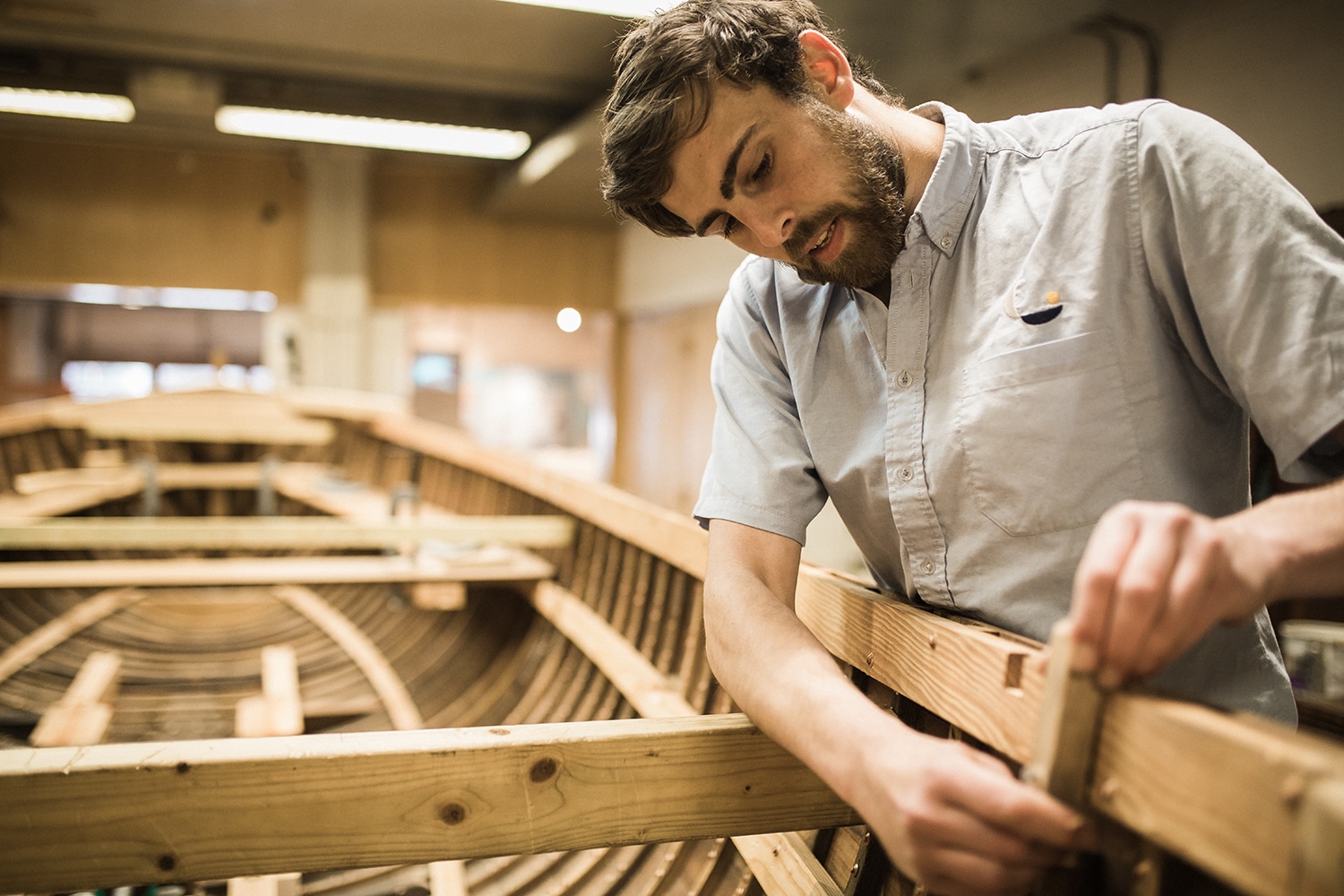
Our boat team are experts at building full-scale, authentic historic boats. Recent examples include a Viking ‘trading’ ship, the ship’s launch from HMS Bounty and a lifeboat from the Titanic. This work has helped us, and our visitors, to gain a practical, intimate and hands-on insight into the technology, skills and lives of the people who built and depended on such vessels.
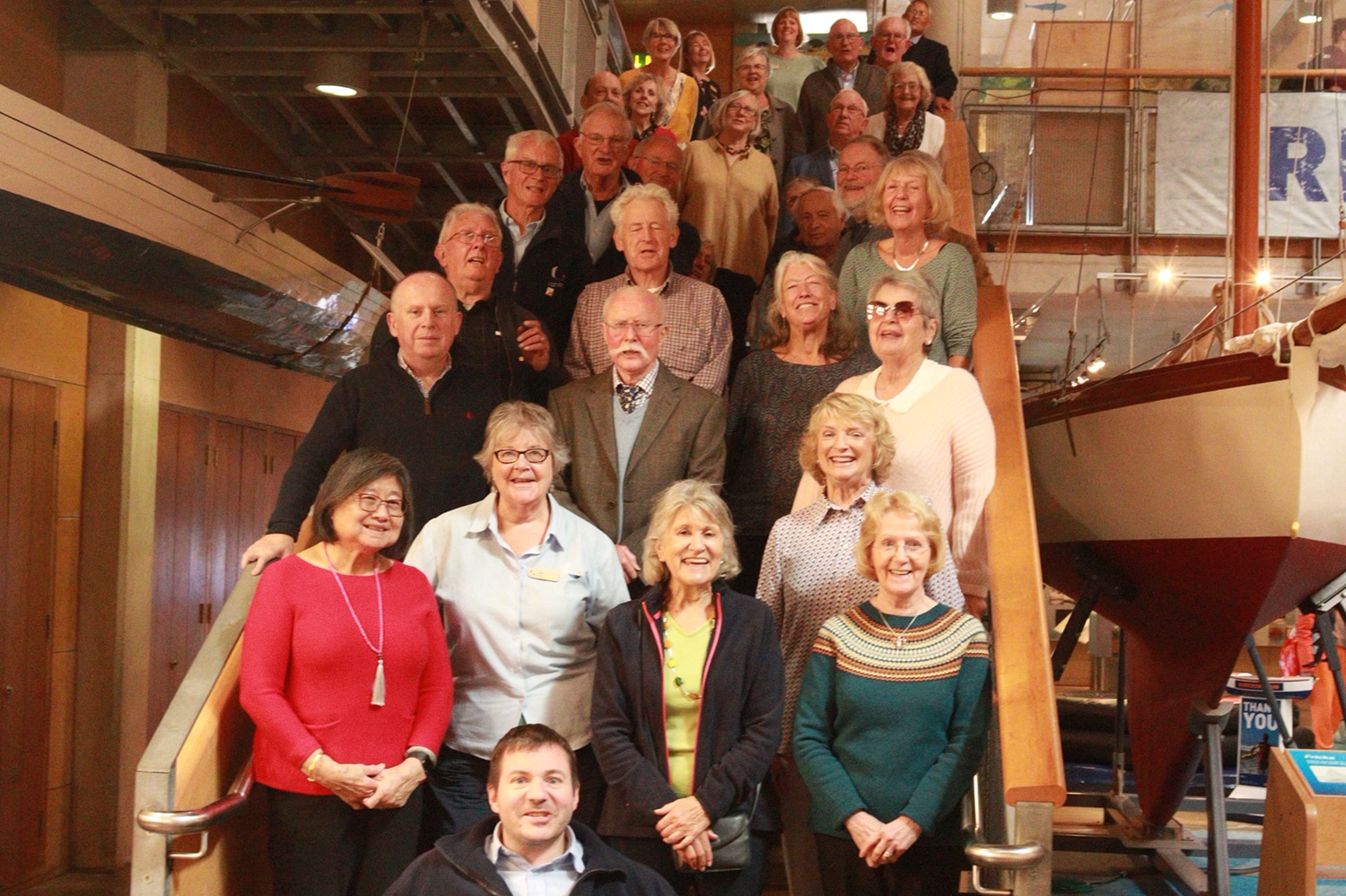
Our amazing volunteers come from all walks of life. They bring with them a wealth of knowledge, skills and interests. They are all motivated by the same thing: a passion for the Museum’s work. This spirit of giving back to future generations makes it such a special place for our visitors. Our volunteers work across the whole organisation. Each year they give over 30,000 hours of support, which makes our volunteer programme one of the most active in Cornwall.

It is our mission to bring important artefacts to people in Cornwall, many of whom would not be able to see them otherwise. We have borrowed from regional, national and international museums, including the British Museum, Pitt Rivers Museum, The Great North Museum, the Science Museum, the V&A and The National Museum of Denmark. Recent loans include silver coins from a Viking treasure hoard, a Titanic thermos flask, a complete killer whale skeleton and Tahitian tattoo tools from Captain Cook’s voyage to the Pacific.
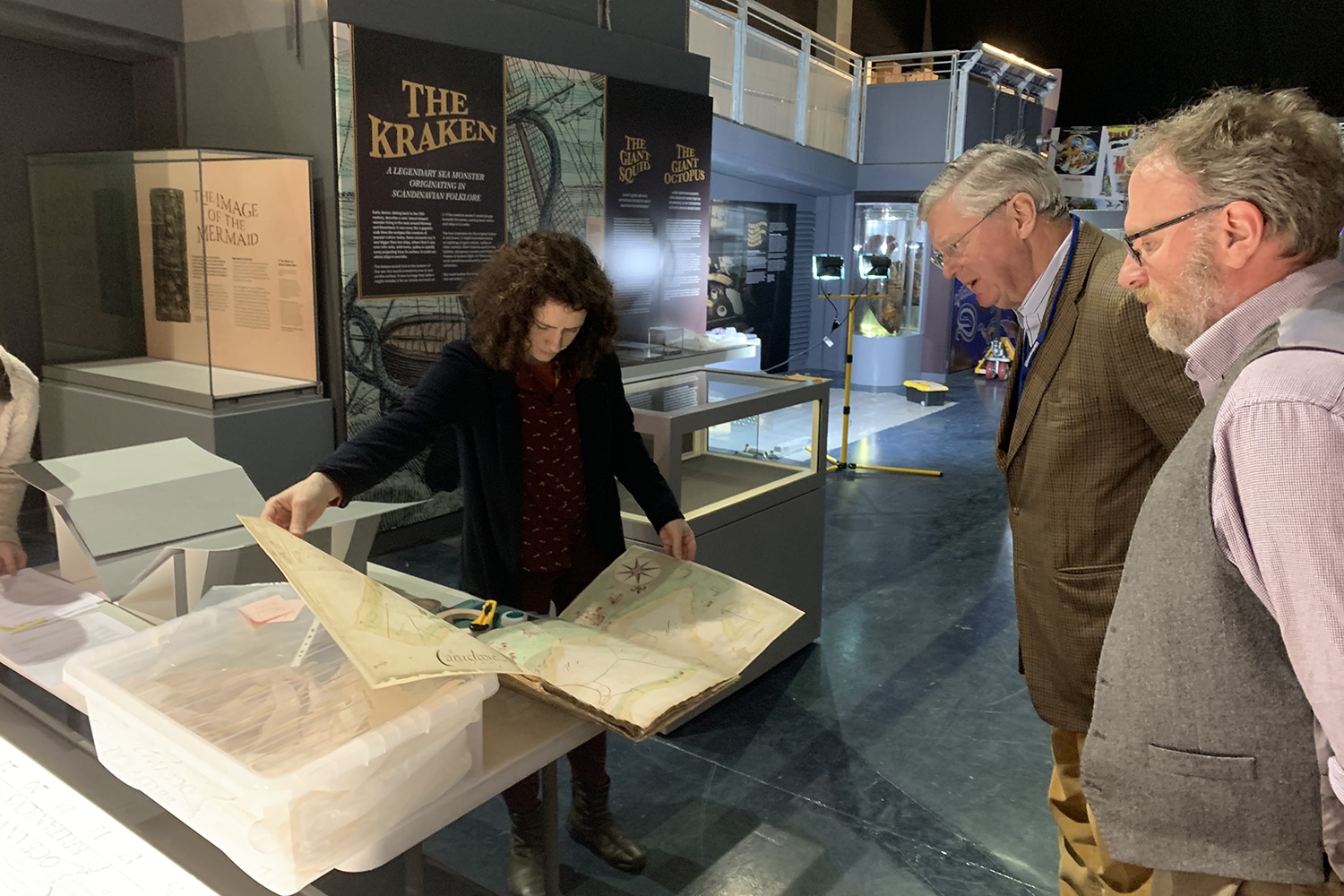
We showcase important material from Cornwall’s great heritage collections. For Monsters of the Deep, we borrowed the iconic Elerky Estate Atlas from the Kresen Kernow collection, placing it next to Cambridge University Library’s 1491 Hortus sanitatis, considered to be the world’s first natural history encyclopaedia. In this way, we are enriched by the expertise and objects held by Cornwall’s museums who, in turn, reach new and wider audiences.
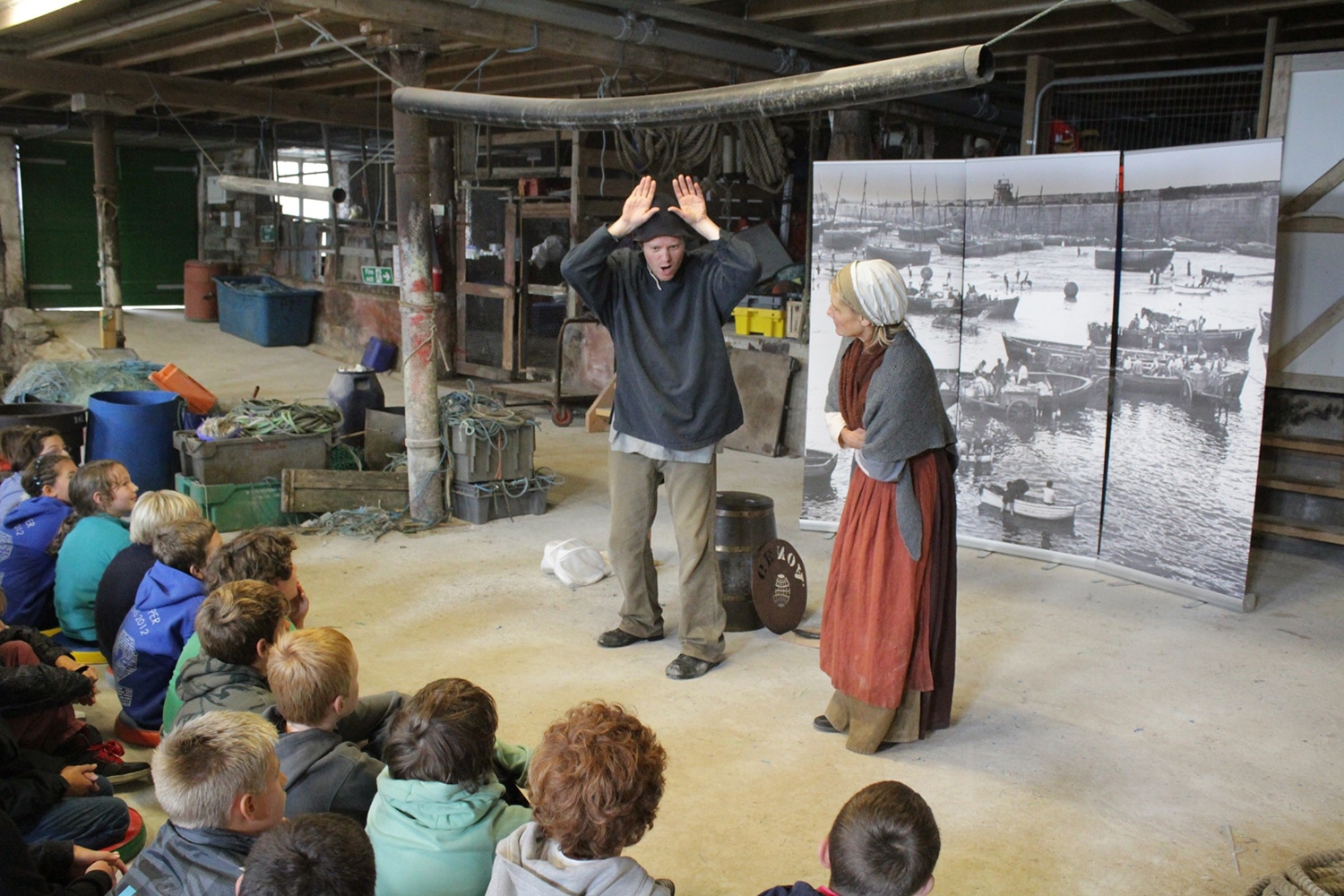
Cornish Voices is a unique living history programme celebrating Cornish people’s historic and enduring relationship with the sea, based around specially commissioned ‘museum theatre’ performances. With generous support from the Garfield Weston Foundation, we are now able to deliver these programmes digitally to schools across Cornwall, the UK and beyond.
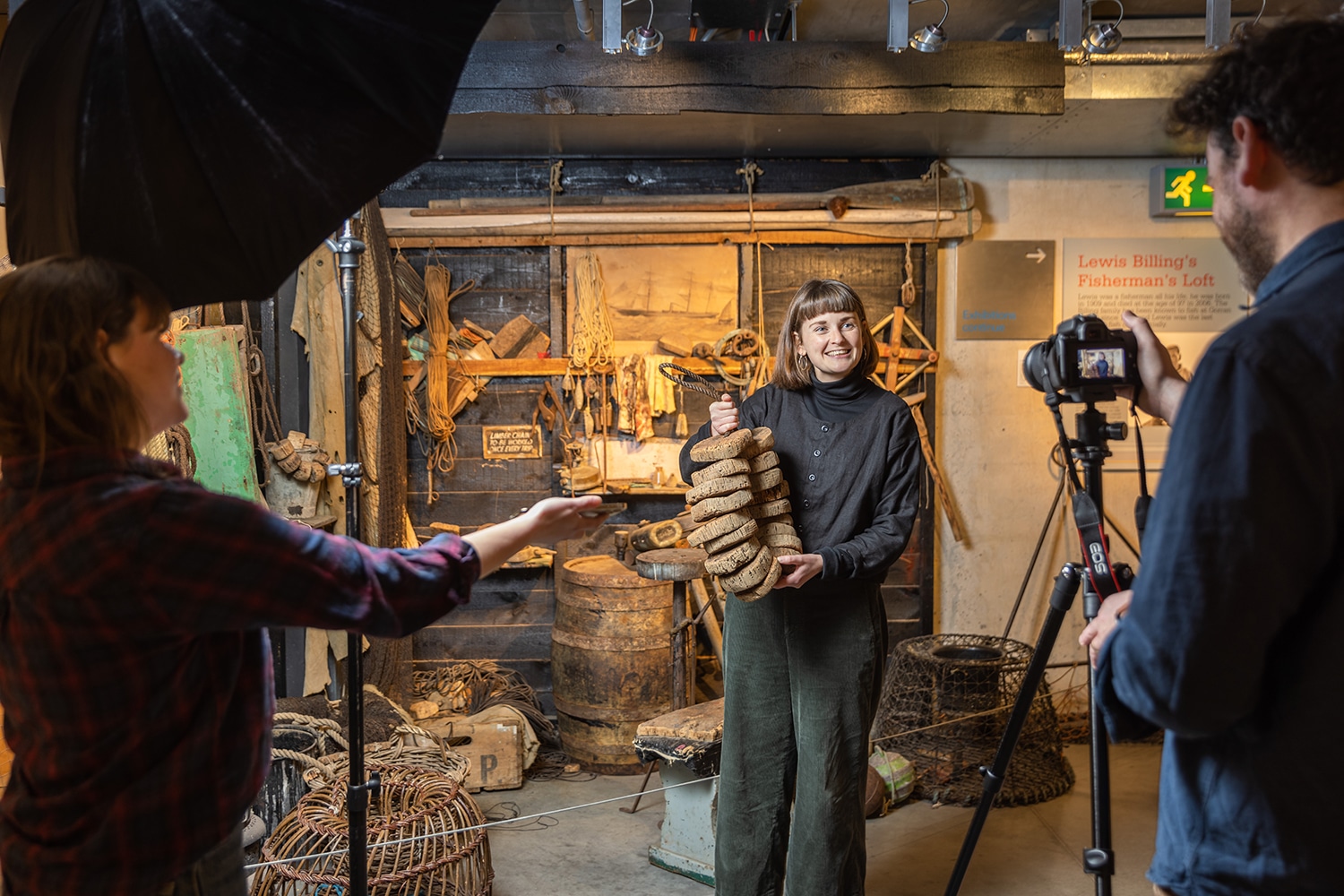
Our Museum is more than its building and its collections, it is also the team who make it work, shape its values and drive its ambitions. As a cultural organisation, our instinct – to take risks, to do our best, to challenge ourselves and our visitors – comes from our team, and their desire to test what is possible. They are genuinely amazing.
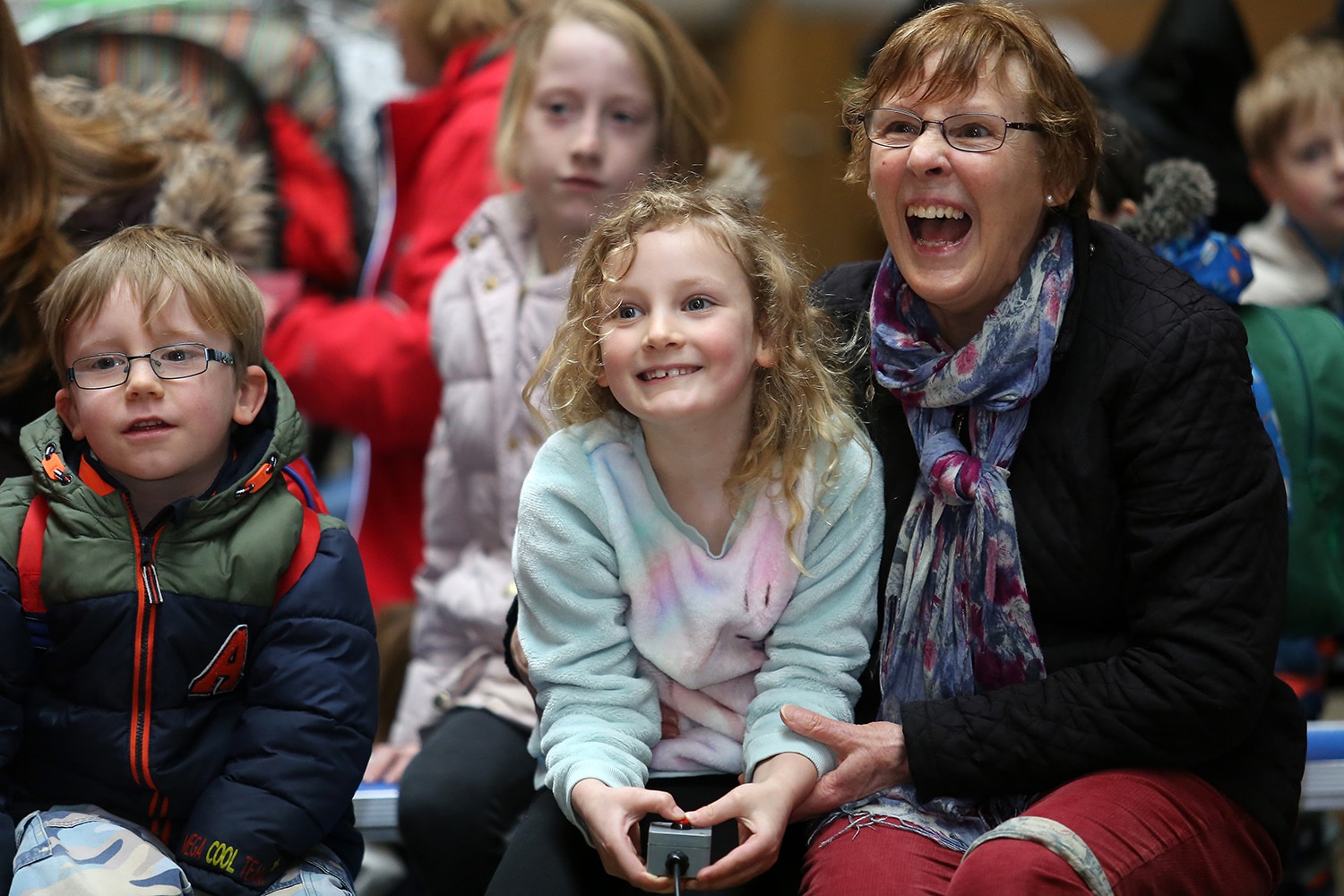
Being family friendly is at the very heart of our Museum. By being family friendly, we attract a wide range of ages, backgrounds and interests – not just younger and older children but also their parents, carers, grandparents. We do this through an exciting programme of family-focussed events, hands-on activities and spaces, including our hugely popular holiday programme of ‘Make and Take’ craft activities, adventure trails and live performances. During term-time we deliver Minnows Tales, a weekly storytelling and sing-along drop-in session for pre-school children and their carers. In these and other ways, we are committed to inspiring the next generation of museum lovers.
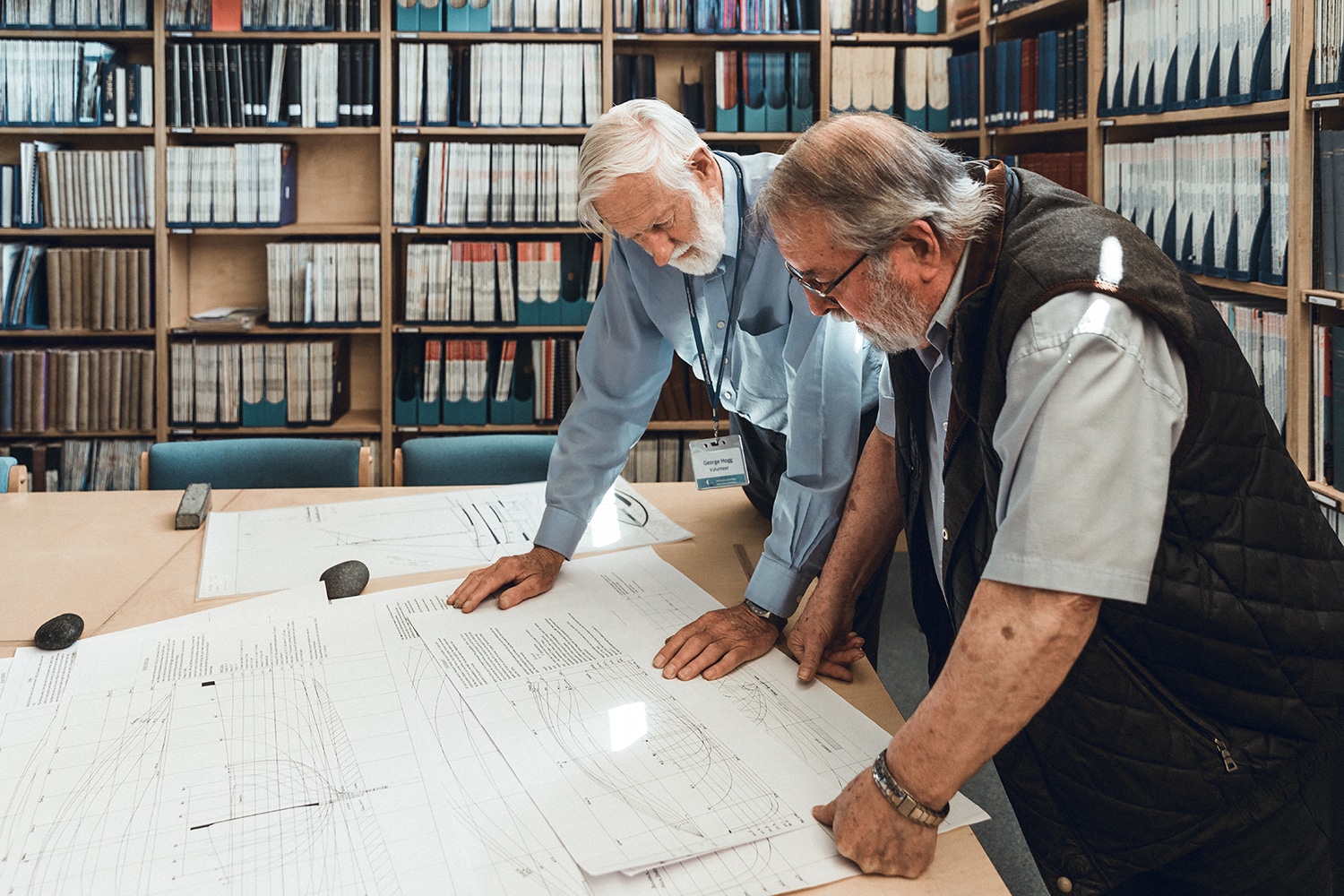
Much of the Museum’s research work is led by the Bartlett Maritime Research Centre which incorporates the Bartlett Library. The Research Centre houses a rich collection of maritime reference books, periodicals and archive material for public research. It is run by a knowledgeable team of volunteers who answer enquiries for members of the public and who work on a range of research projects.
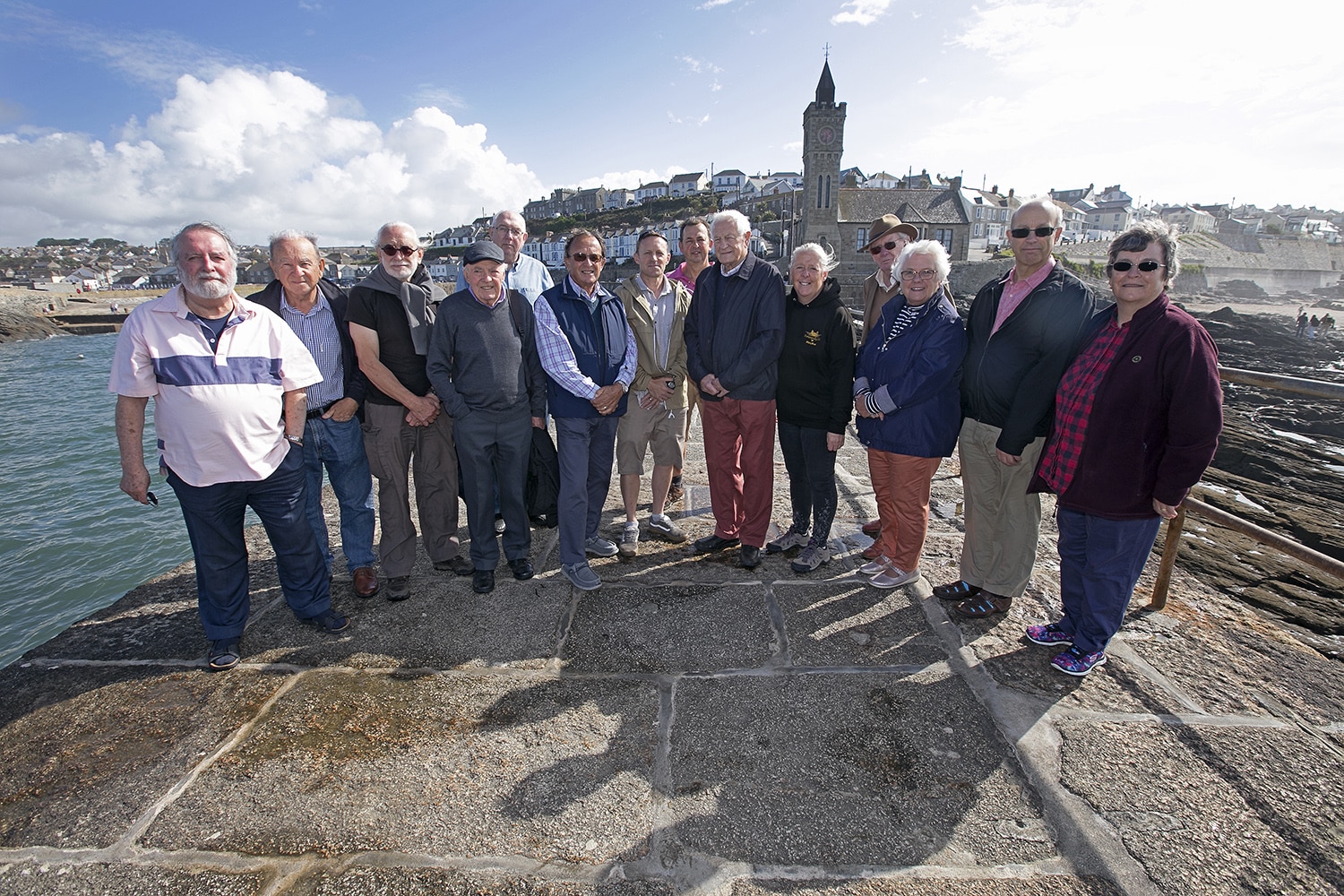
The Museum is dedicated to working with our wide range of communities to create exhibitions that reflect their particular histories, perspectives and identities. We are especially keen to engage Cornwall’s coastal communities, who make up a vital part of Cornwall’s rich and evolving maritime heritage. In 2017-2019 the Museum’s curatorial team worked with participants from Porthleven to create an exhibition exploring the town’s maritime history, and its legacy today. A year-long exhibition was held at the Museum, with a concurrent display in the town.
We are currently planning more community co-curated exhibitions.
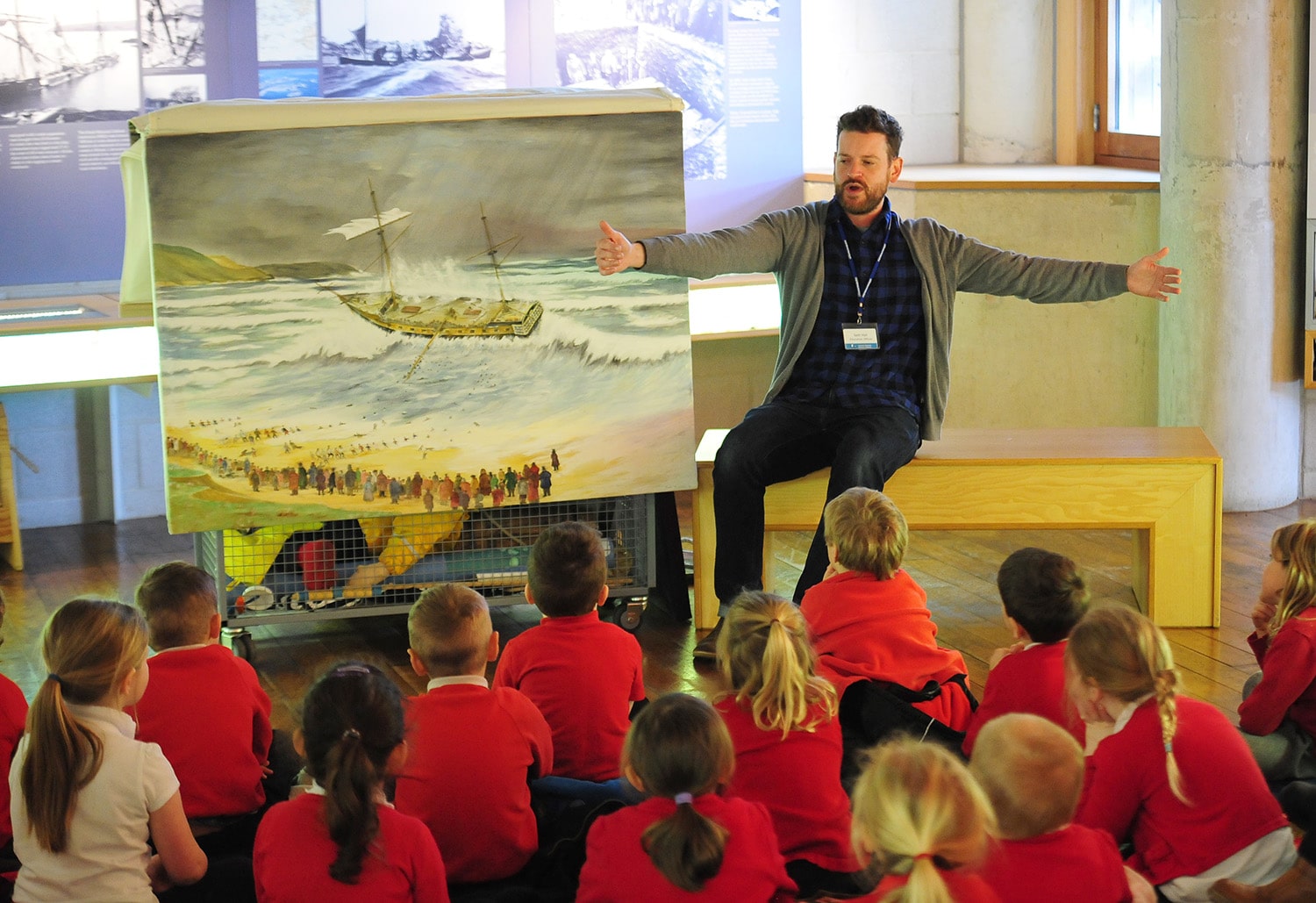
Our award-winning learning programme is the largest and most varied of its kind in Cornwall. We believe that the highest quality learning and engagement is achieved through highly skilled, passionate museum educators delivering hands-on, inspirational learning experiences in our galleries. Our learning team delivers curriculum enrichment workshops to nearly 60% of Cornwall’s primary schools. It is an important way we engage with rural, often isolated communities across Cornwall. In 2021 the learning team achieved a Sandford Award for its ‘outstanding contribution to heritage education.’
Our building is big enough to be a unique resource for Cornwall. Our inside and outside spaces are capable of supporting large scale events of all types. In 2021 the Museum supported Cornwall’s bid to host the G7 Summit, transforming the whole building into a global media centre for thousands on international journalists.
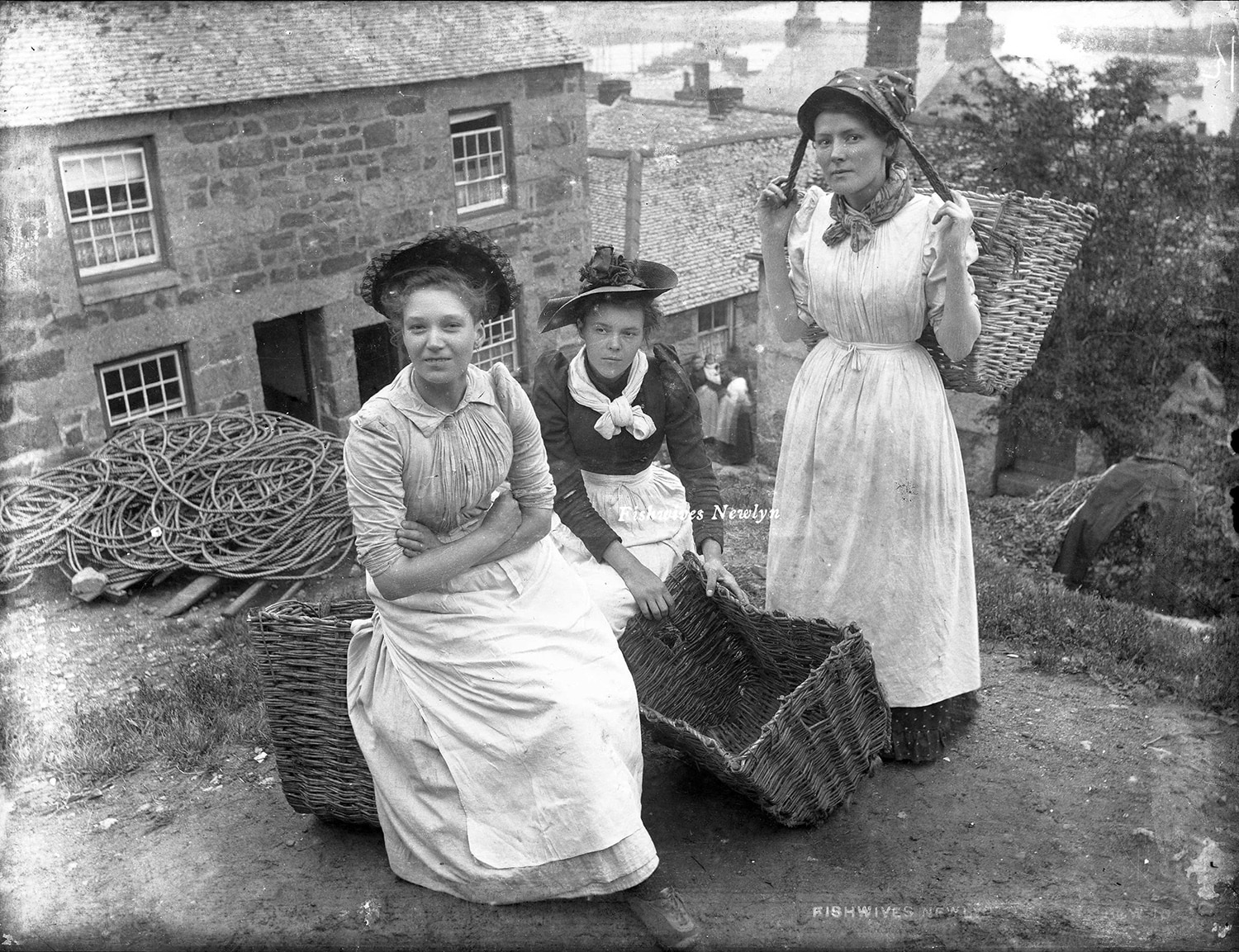
From packet ships to pilchard fishing, the Museum celebrates the rich maritime history of Cornwall. Our Cornwall Galleries are brimming with artefacts and stories revealing how the sea has shaped Cornish identity. We also host the ‘Morek’ research network, which brings together a wide range of research (and researchers!) exploring Cornwall’s maritime heritage. We are planning to extend this work as part of a major re-development of our Cornwall galleries which will, we hope, re-imagine how Cornish maritime history is displayed – with new stories, hidden histories, different perspectives and insights.
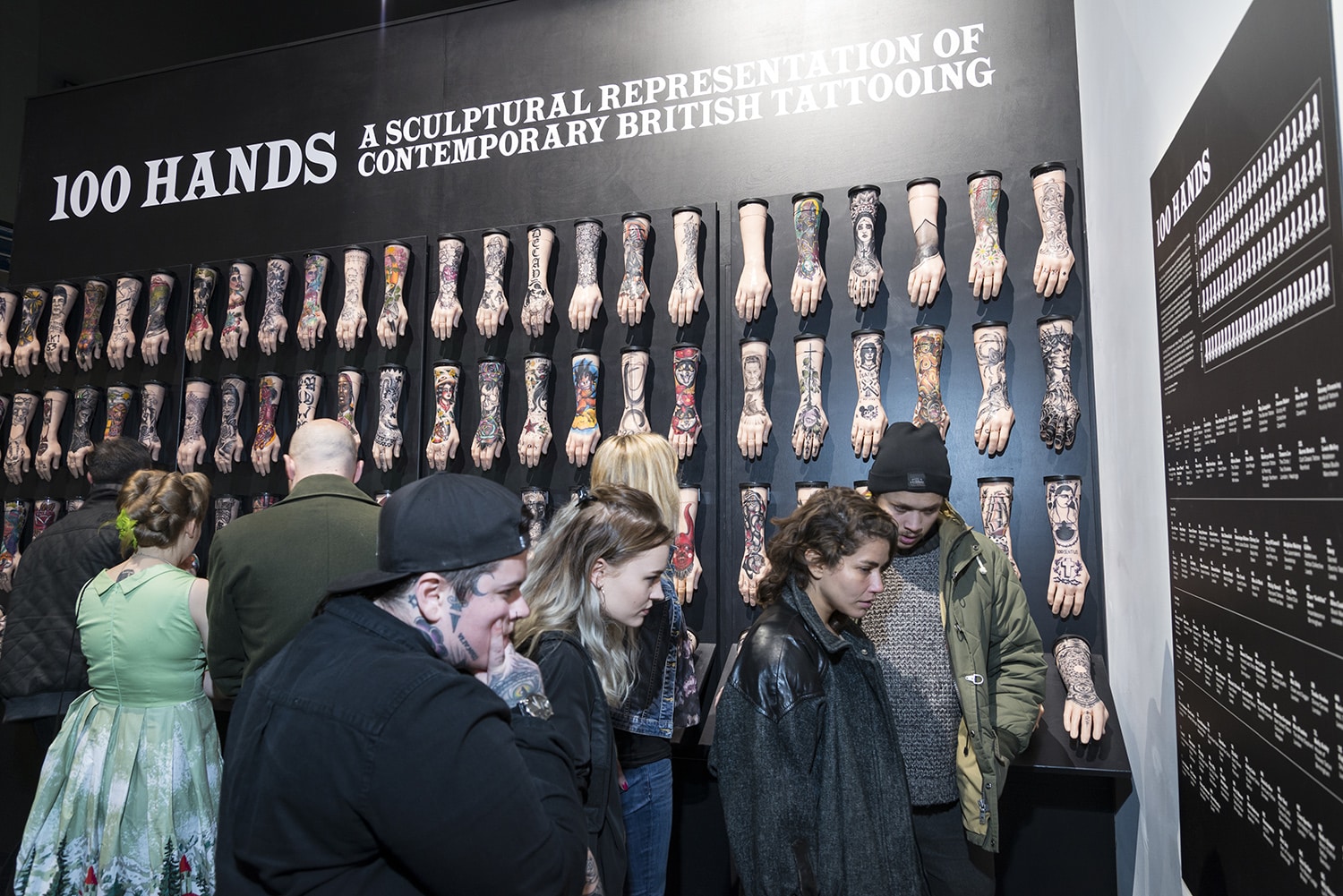
The Museum has embarked on a programme of artistically ambitious, culturally challenging exhibitions. In 2017 our critically acclaimed, ground-breaking exhibition Tattoo: British Tattoo Art Revealed challenged long-standing cultural stereotypes about tattooing. In 2018, Titanic Stories: Contemporary Voices juxtaposed stories of the Cornish diaspora with stories of migration to Cornwall today, allowing visitors to make their own connections between seemingly different historical events. For Monsters of the Deep, we commissioned artist, collector and provocateur Viktor Wynd to create the UnNatural History Museum, an installation that disturbs our comfortable ideas of what is natural or unnatural and, ultimately, how museums define meaning for visitors.
Our ambition is to continue to create visitor experiences that are both entertaining, unexpected and thought-provoking, attracting a broad and diverse range of people – many of whom would not think of themselves as traditional museum visitors.
Twenty years after opening we are now Cornwall’s most visited museum. We make a significant contribution to Falmouth and Cornwall’s economy, running into millions of pounds throughout the year. Independent visitor research shows that 42% of our audience come to Falmouth specifically to visit this award-winning Museum.
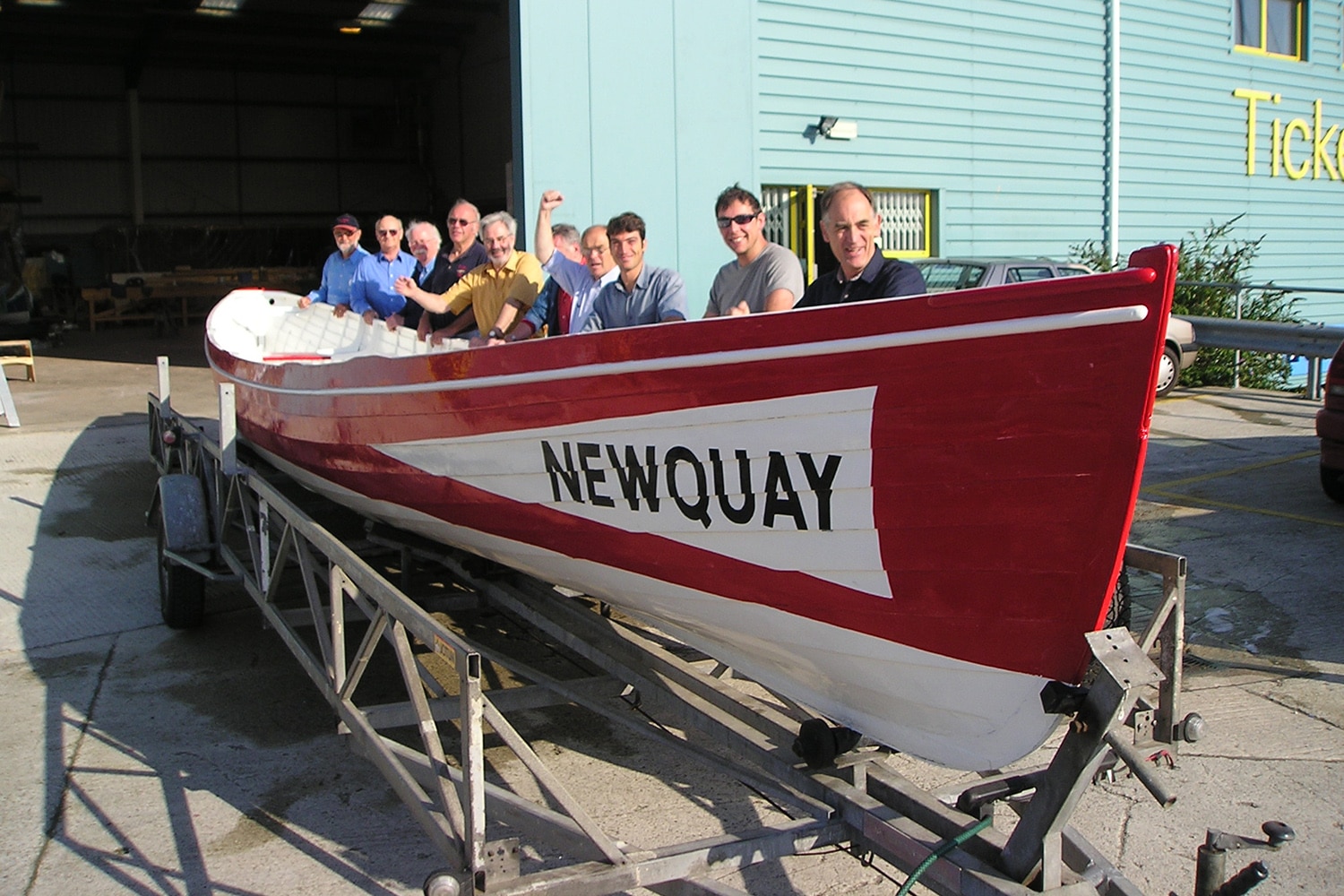
The National Small Boat Register was set up as a publicly accessible way of tracking, recording and searching small boats of historic value. It contains a growing database of over 2,500 craft held in private and public collections, many of which represent the best in their class. The NSBR is an important means by which the Museum, supported by volunteer boat enthusiasts around the UK, helps preserve our small boat heritage.
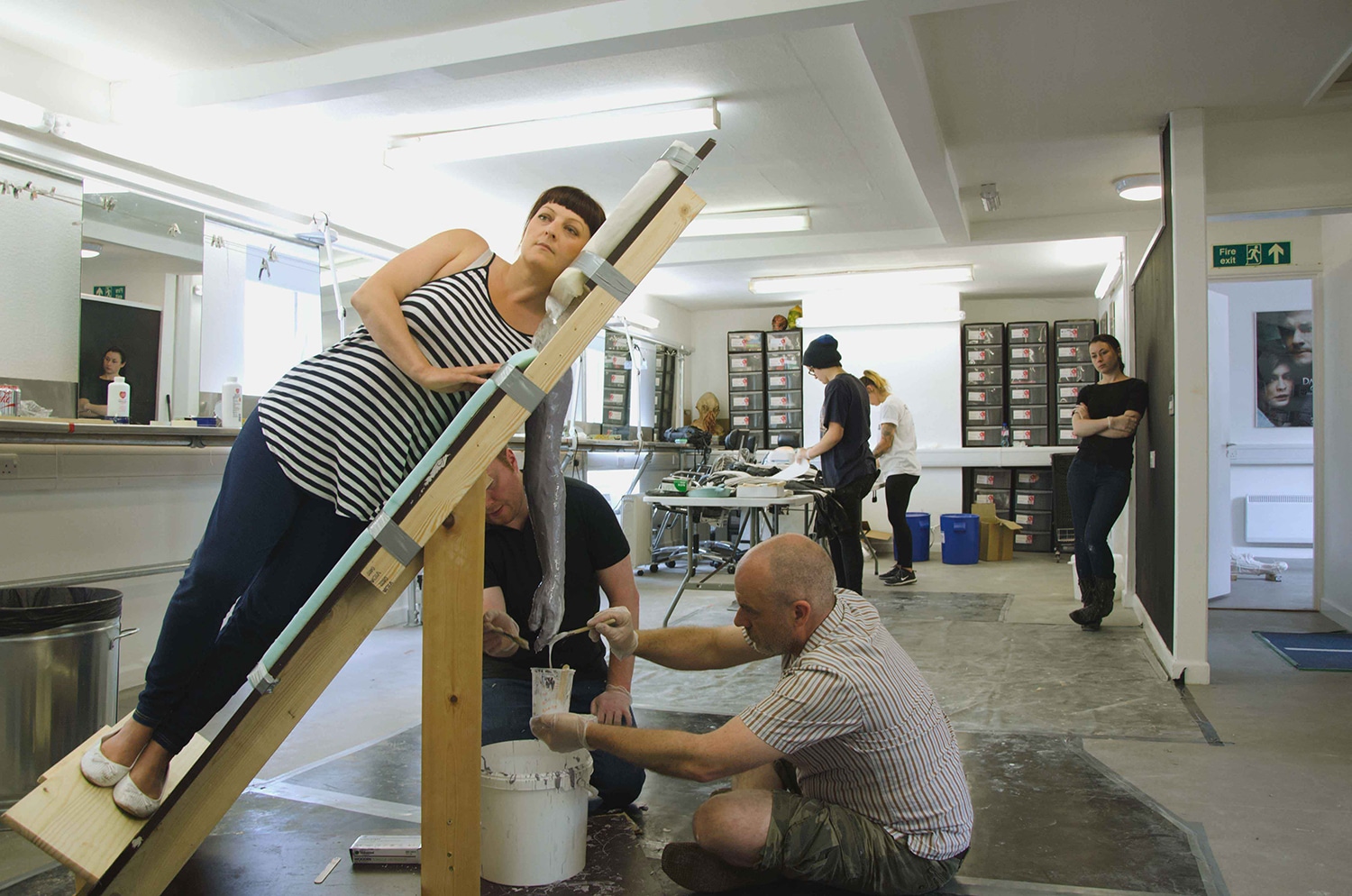
The Museum works with huge range of Cornwall-based creative practitioners. They help us deliver our programme of exhibitions, events and activities, from special effects studios, filmmakers and theatre companies to graphic designers, fabricators, lighting and software specialists. In this way we directly contribute to Cornwall’s increasingly important creative economy.
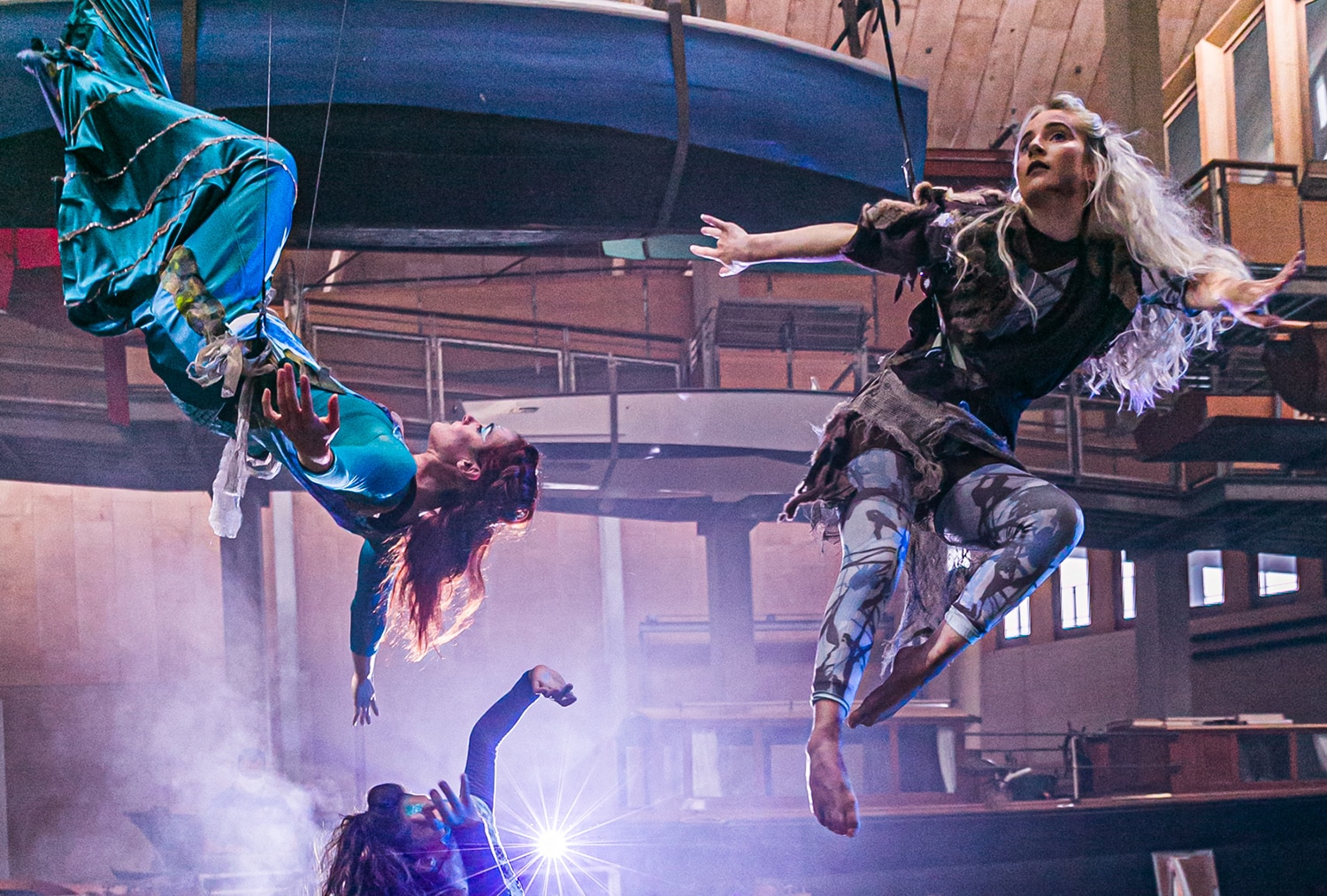
The Museum continues to re-invent itself as a unique cross-arts venue for Cornwall. We are a place where our maritime history is brought to life through spectacular, artistically ambitious performance. We do this by commissioning new works of art from writers, artists, choreographers, poets, and musicians who are inspired by our collections and incredible public spaces. We aim to make connections with our diverse visitors – many of whom may not consider themselves traditional music, dance or theatre audiences – in ways that are surprising, thrilling and thought-provoking.
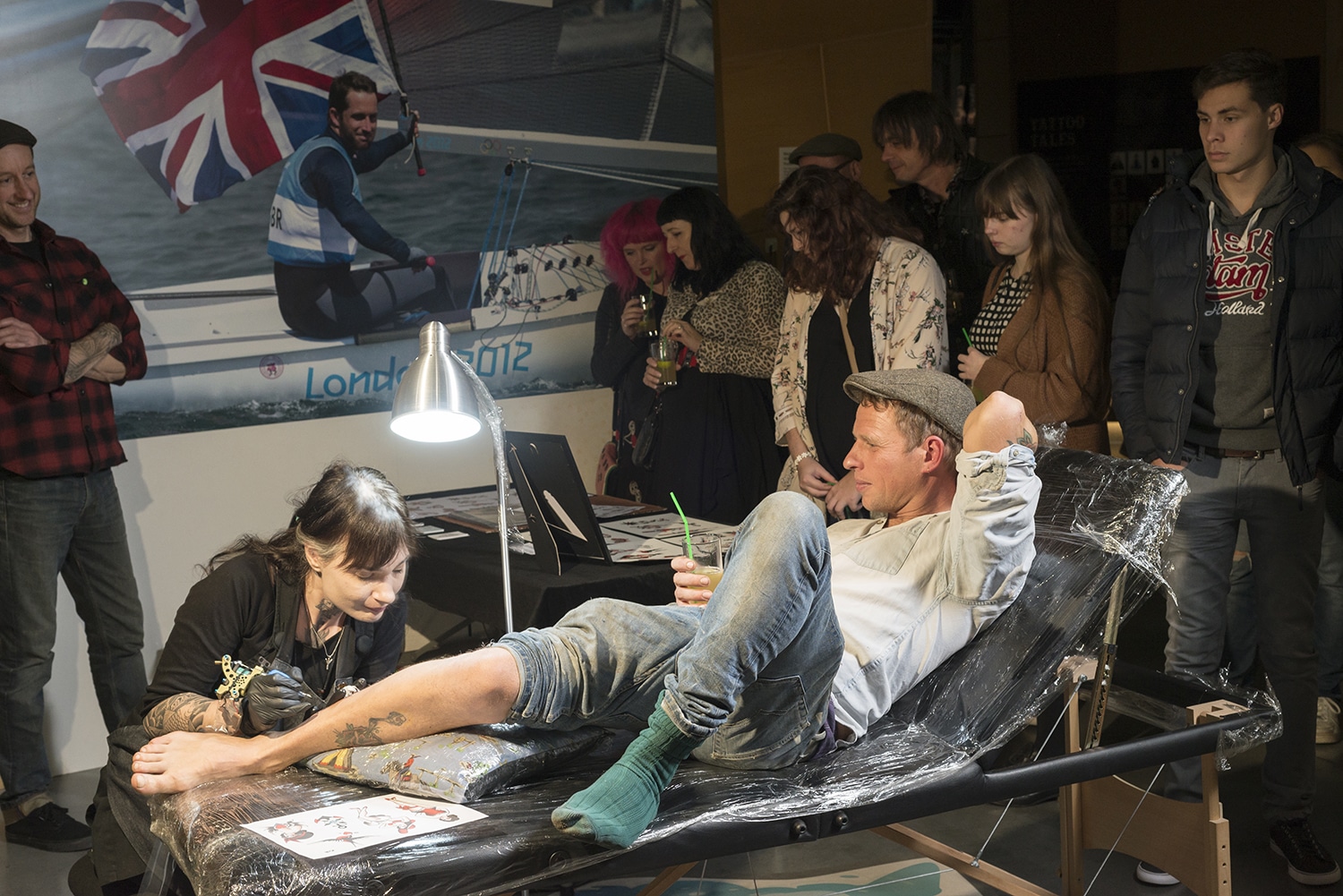
Our successes have involved taking artistic and organisational risks. Just some of the things we had never done before include: deciding to put on a national exhibition tour for Tattoo (with live tattooing!); commissioning a ‘vertical dance’ performance on the outside of the Lookout Tower; bringing a complete killer whale skeleton across the country to Cornwall; borrowing a Viking treasure hoard; live-streaming evening talks and events to a global audience, and taking on ambitious and logistically complex ‘co-productions’ with national and regional partners.
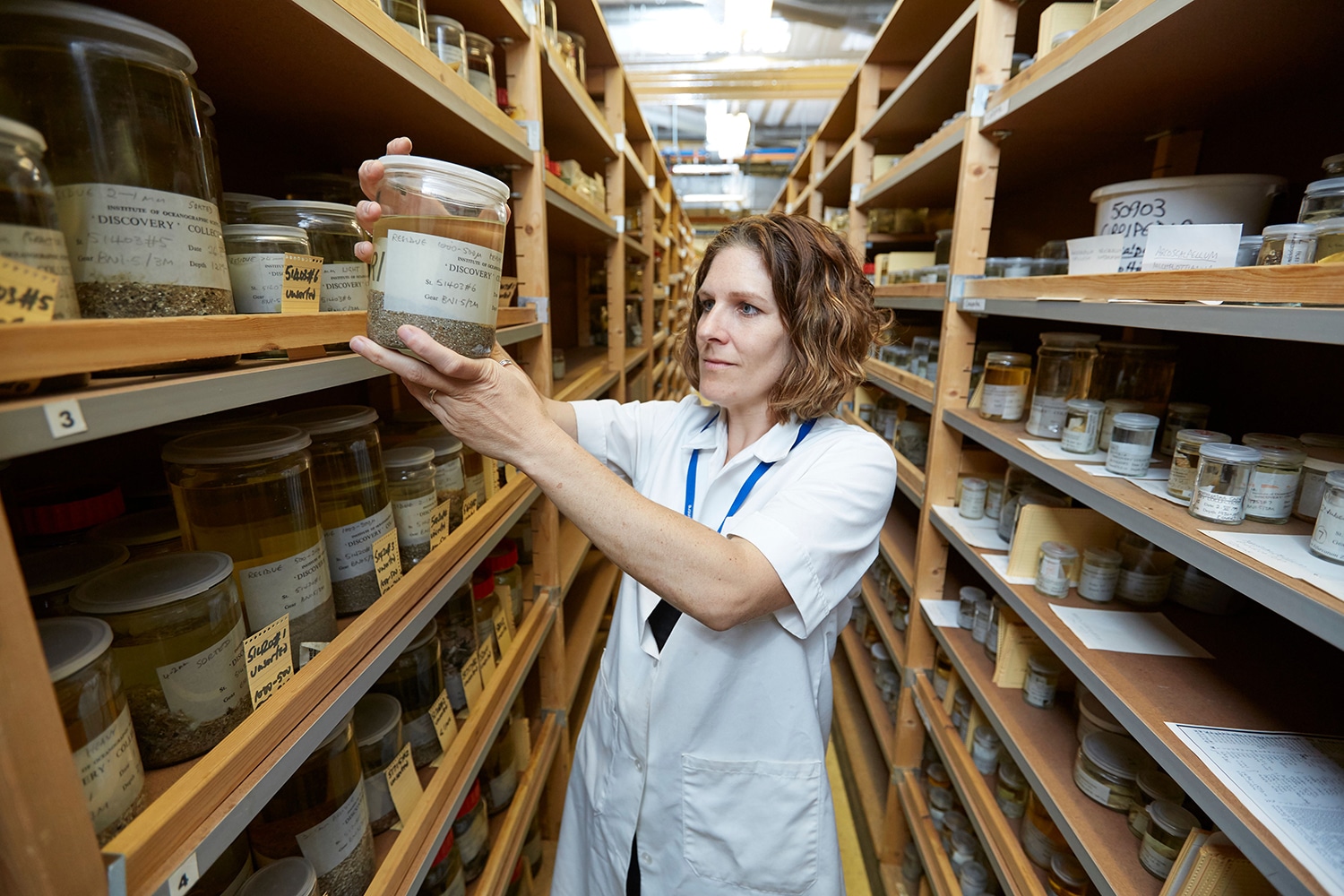
We could not achieve so much without working in close partnership with other organisations – sharing skills, resources and expertise. Our exhibitions, publications and programmes are developed with the knowledge and latest research from a growing number of academic institutions, including Falmouth University, University College London, University of Exeter, University of Southampton, Falmouth Marine School and University of Essex. We also work with other marine, maritime and heritage organisations, eg RNLI, Trinity House, Maritime Coastguard Agency, UK Hydrographic Office, National Oceanographic Centre, the National Trust and English Heritage.

Working with a range of local and national partners. Our marketing and operations teams have helped to bring important, high-profile events to Falmouth. Starting with the arrival of Ellen MacArthur in 2005, examples include the International Tall Ships Festivals, BBC Children in Need, BBC Antiques Roadshow and, most recently, the national Armed Forces Day in 2023. These events attract tens of thousands of visitors to Falmouth, raising its profile with global media audiences numbered in the millions.

National Maritime
Museum Cornwall Trust
Discovery Quay
Falmouth Cornwall
TR11 3QY
View Map
See our opening hours
Tel: +44(0)1326 313388
Email: enquiries@nmmc.co.uk